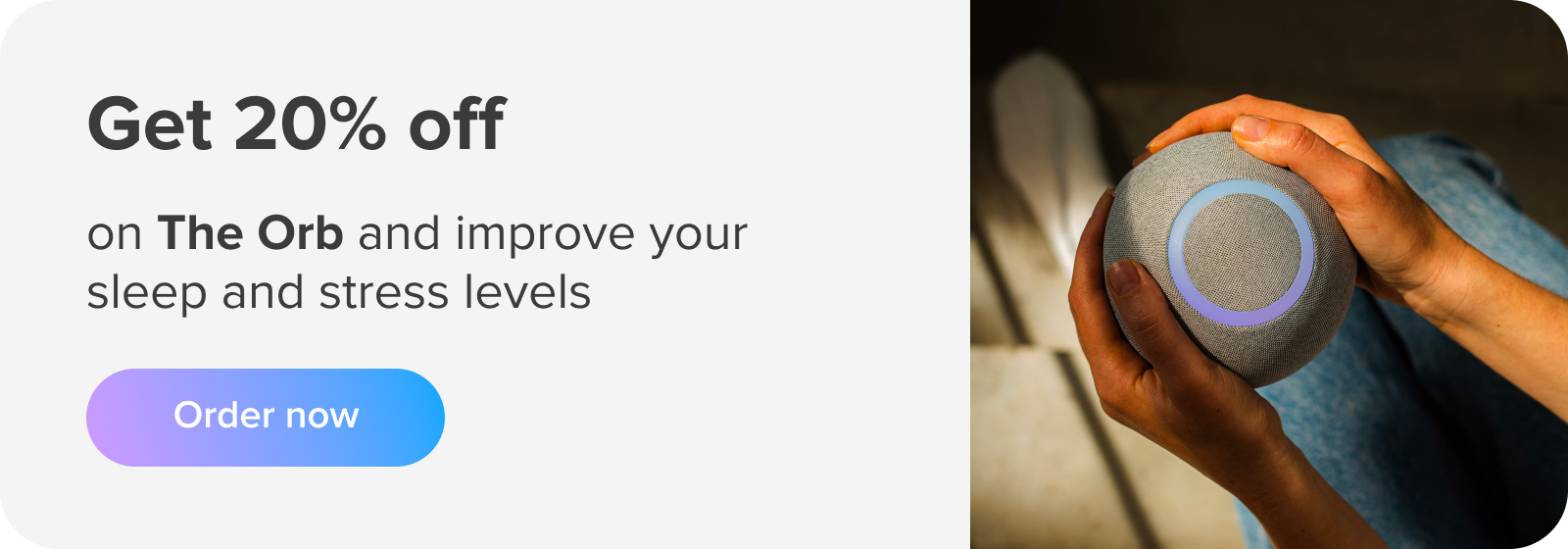Sleep is one of the basic survival modes: it helps us grow from infants to adults, function every day, and achieve optimal health conditions. Similarly to eating, drinking, and breathing, sleep is one of the few things we need to do to survive.
One clear way that we can see sleep benefitting us is through our energy levels. A good night’s sleep can leave us feeling revived and refreshed, ready to tackle the day ahead. Similarly, the effects of a bad night’s sleep are just as clear. But how exactly does sleep restore our energy? What are the bodily processes that happen while we are sleeping? This post will explore how sleep restores our energy.
How Does Sleep Give Us Energy?
Sleep is a powerful tool. According to the Sleep Foundation, it works to restore two particular chemicals in our bodies while we sleep: glycogen and adenosine. Glycogen helps store energy in the brain, and these decrease while we are awake. They are restored while we sleep.
A reduction in glycogen levels can occur if we don’t sleep well, which is why we often feel lethargic and drained after a bad night’s sleep. Adenosine is the opposite. It accumulates during the waking hours and prompts us to feel sleepy after a long day.
These two chemicals work in tandem: as the glycogen levels reduce in our brain, adenosine builds up. This helps structure our sleep and wake cycle. Oversleeping, On the other hand, can damage our good habits and weight loss.

Does Sleep Impact Our Energy Levels?
Our energy levels can definitely be affected by sleep. Our lifestyle can also affect how energetic we feel on a daily basis: if we tend to live a more sedentary lifestyle, we will tend to feel more sluggish. Plus, a lack of sleep tends to lead to weight gain due to a reduction in leptin levels, the hormone that makes you feel full.
Sleep-deprived people have increased levels of ghrelin, the hunger-stimulating hormone. Interestingly, the National Library of Medicine has found a definite link between physical activity and fatigue. This supports the idea that sleep, diet, and exercise all influence each other due to our energy levels and energy balance.
How Does Sleep Work?
Sleep works in stages. During your sleep period, your body cycles through four different stages of sleep. This cycle repeats multiple times for different lengths of time: between 70 to 120 minutes each. The two major sleep cycles are non-REM (non-rapid eye movement) and REM (rapid eye movement sleep.
Non-REM sleep has three separate stages, of which the last of them is the most powerful in terms of energy renewal and repair. The longer you spend in this deep sleep period, the better you’ll feel when you wake up.
How Can I Get More Energy Without Sleep?
Nothing can replace sleep. A good night’s sleep is of the utmost importance to maintain a healthy lifestyle and keep your body and mind working in optimal conditions. However, if you find yourself needing more energy but not enough time to sleep a full 7-9 hours, you could try coffee or a quick 15-minute nap. We need to be clear here, though; this isn’t a long-term solution.
Sleep is always the best form of energy restoration and conservation. Sleep is a powerful tool for our bodies. We don’t just need it to survive: we need it to thrive.
Our energy levels and bodily functions depend on us maintaining a strong sleep cycle - so the next time you consider a late night and an early start, think about how your body needs that sleep instead!






